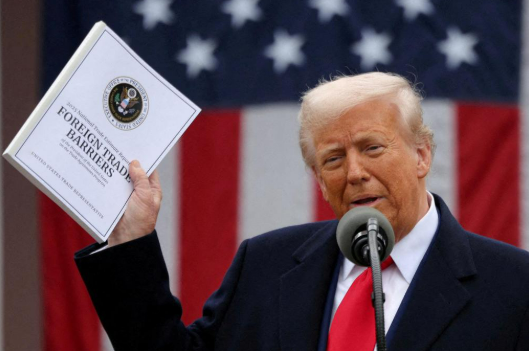
In the past, export restrictions in the United States only applied to such chips themselves. However, the revised new rules, which will take effect on April 4th, will restrict the export of all devices containing such chips to China, making it harder for Beijing to obtain American artificial intelligence (AI) chips and chip manufacturing tools.
Due to concerns about national security, the US government recently tightened export controls on high-tech products to China. The US Department of Commerce, responsible for overseeing export controls, had previously stated that they would continuously revise high-tech export control rules and adjust related measures.
Taking swift action to tighten controls within six months highlights the urgency felt by the United States in terms of high-tech export controls. This move indicates a heightened sense of urgency in the United States concerning high-tech export controls.
The revised rules signify a shift in the US government’s approach to safeguarding sensitive technologies and preventing their potential misuse. By broadening the scope of export restrictions to include devices containing AI chips, the US aims to limit China’s access to critical technologies that could be used for military or surveillance purposes.
The decision to tighten restrictions on exports to China reflects growing geopolitical tensions and concerns about the strategic implications of advanced technologies falling into the wrong hands. As AI continues to play a significant role in various sectors, including defense, healthcare, and communications, controlling its export becomes crucial for national security interests.
The revisions to export controls underscore the evolving nature of US-China relations, especially in the realm of technology and innovation. By imposing stricter regulations on the export of AI chips and related technologies, the United States aims to protect its technological edge and prevent potential adversaries from gaining access to critical capabilities.
As the global technology landscape becomes increasingly competitive and intertwined with national security considerations, export controls on high-tech products serve as a means to safeguard sensitive technologies and prevent their proliferation to countries with questionable intentions. The tightening of export restrictions to China reflects a broader strategy of protecting American technological leadership and ensuring that advanced technologies are used for peaceful and beneficial purposes.





